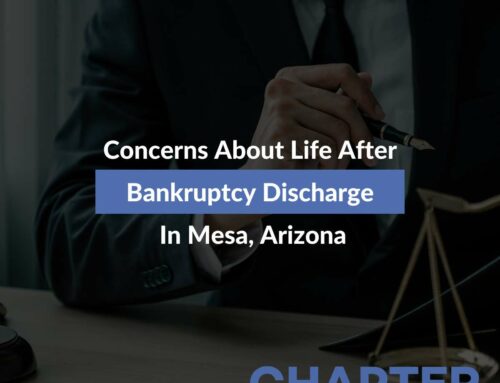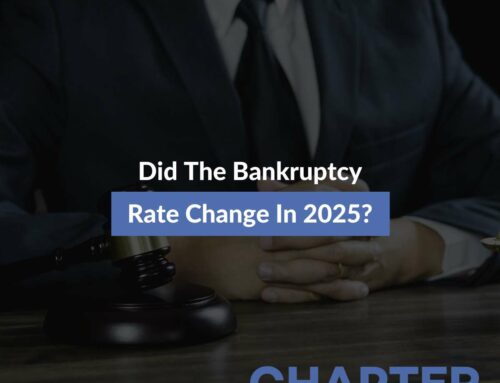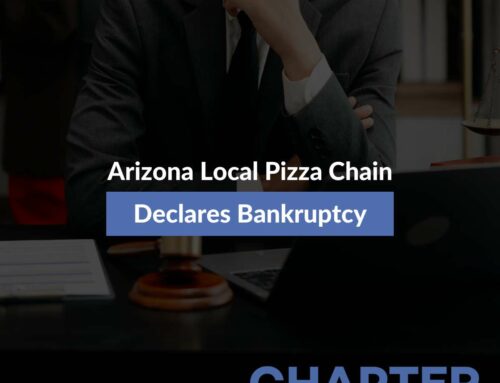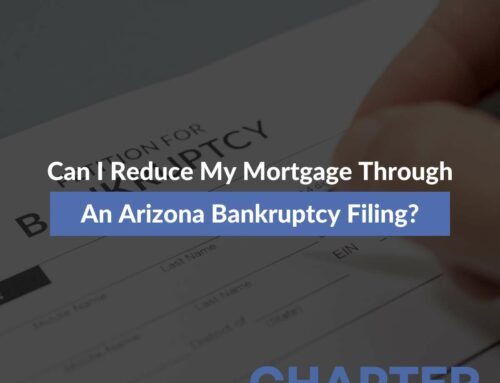If you’ve ever met a savvy bargain shopper, they probably know a thing or two about bankruptcy sales. They can be a great opportunity to pick up a house, vacation rental, vehicle, or even a nice handbag at far below market value. The only limitation for a bankruptcy auction attendee is how much cash they have available for their purchase, as buyers generally can’t finance a bid at a bankruptcy auction. Unfortunately, it is impossible to compete at auction against large financial groups that can buy any asset known to man. The latest business asset going up for sale due to bankruptcy is one that wouldn’t have even been imagined in previous generations.
Many people are curious about their genealogy, and home DNA testing makes it simple for customers to find out about their backgrounds. 23AndMe is considered the first name in home DNA testing kits, first founded in 2006. Things went well for several years, and the company went public in 2021 with a valuation of nearly $6 billion. Even with such a high valuation, 23AndMe reported declining demand and a net loss in the hundreds of millions after going public. And that wasn’t the end of this tech company’s troubles, either. In 2023, 23AndMe faced scandal due to hackers accessing thousands of customers’ information. Approximately 14,000 users data was compromised over 5 months, with the hackers appearing to target customers from Chinese and Jewish descent. This led to 23AndMe creating a settlement account for these users in the tens of millions of dollars.
23AndMe did not recoup the funds from its hacking scandal as quickly and easily as one might think. While DNA testing is undoubtedly a helpful service, there are a few limitations to its profitability. One is that it is a one-time service. Once you order a kit through 23AndMe, your genetics won’t change so that it would be useful to order a second kit. Even relatives can glean information from test results and may find it unnecessary to order their own. For example, if your sister gets a 23AndMe that tells her she is 99.8% German, you can probably assume that your great-grandmother was lying about being Native American. Other people simply don’t have an interest in their genetic makeup or don’t have the disposable funds available for home DNA testing. All of these issues eventually culminated in 23AndMe filing for chapter 11 bankruptcy in March 2025.

What Will This Mean For 23AndMe’s Users?
Perhaps 23AndMe’s most valuable asset is its customers’ information. Because 23AndMe is a direct-to-consumer company, HIPAA, or the Health Insurance Portability and Accountability Act, does not apply. HIPAA makes it illegal for certain medical records to be shared without a patient’s consent, but it only applies to hospital settings, physicians, etc. That means that instead of protected health data, in this bankruptcy case, 23AndMe’s customers’ data will be another asset that could be sold to repay creditors.
There are several concerns about how the purchaser plans to turn 23AndMe’s customer data into profit. DNA is highly sensitive information, and it can also be used to make educated guesses about customers’ relatives. The most likely outcome is all of these affected people seeing advertisements geared towards their genetic predispositions. There are also concerns that some people with genetic predispositions could be discriminated against for health insurance coverage or even employment. 23AndMe has a firm guarantee that it will never release its information to law enforcement, but the future of that guarantee appears unclear if someone else will be that information’s new owner.
If you are a former 23AndMe customer, you might want to consider deleting your information from their database. Customers have the right to do so, and can download their information to their personal computer for safekeeping before clearing their data. You can find instructions to delete your 23AndMe test results and have your test sample destroyed here.
Which Of My Assets Will Be Auctioned If I File For Bankruptcy?
Filing for bankruptcy could mean giving up valuable assets if they are not protected by bankruptcy exemptions. Without a bankruptcy exemption applied, the trustee can take an asset to sell it at auction and distribute it among creditors. At the same time, bankruptcy law recognizes that without certain assets, the debtor will quickly end up back in a negative financial situation. How can a debtor maintain employment and pay their current bills if they lose their vehicle? Should a debtor who owns a home go back to renting an apartment in this housing market? If a bankruptcy debtor is forced to surrender their retirement savings, what happens when they retire? That is why bankruptcy exemptions exist, with some of the most commonly used in Arizona including the following:
- Homestead exemption: an exemption that can protect a house, condo, mobile home, or the proceeds from a recent home sale.
- Motor vehicle exemption: an exemption that can protect one vehicle for an individual, or two vehicles for a married couple. This exemption increases if the debtor has specialized equipment for a disability in their vehicle.
- 401(k), Roth IRA, etc. – almost all retirement savings accounts are safe in an Arizona bankruptcy filing.
- Household goods and furnishings: You can protect $12,000 (resale value) of appliances, furniture, home electronics, and other household goods when you file for bankruptcy in Arizona. This is an exemption where some items could fall under different exemptions as well.
- Food and provisions: You can protect six months’ worth of household supplies like groceries, paper towels, cleaning supplies, etc.
- Bank account and cash on hand: This exemption is only a few hundred dollars in Arizona and can only be applied to one bank account. It can be an issue if you get paid on your filing date, bringing your account balance over the exemption.
Unlike many states, Arizona does not have a wildcard exemption. A wildcard exemption can be used on any asset that isn’t already covered by an existing exemption. This leaves little wiggle room for debtors seeking to protect all of their belongings in an Arizona bankruptcy. Make sure you have exemptions applied to all of your assets correctly before filing either a chapter 7 or chapter 13 bankruptcy petition in Arizona. To review your situation with an experienced Arizona bankruptcy professional, call 480-405-1010.
Considering Your Own Arizona Bankruptcy Filing? Discuss Your Unique Situation With A Member Of Our Team.
When a recognizable company like 23AndMe files for bankruptcy, what hope is there for the rest of us? You may have far fewer zeros in your total debt balance to clear, but bankruptcy can still provide tremendous results for someone who is juggling debt, interest, late fees, wage garnishments, and more. You can protect your most valuable assets by filing chapter 7 bankruptcy or chapter 13, get your debt under control, and start over with a clean slate. We offer reputable legal services and flexible payment plans meant to work with your budget. Schedule your free consultation today to see if you qualify to file for Zero Dollars Down. Get started by calling 480-405-1010.
CHAPTER BANKRUPTCY LAWYERS
Email: [email protected]
Website: www.chapterbankruptcylaw.com
Mesa Office
3707 E Southern Ave
Mesa, AZ 85206
Office: 480-405-1010
Tempe Office
4500 S Lakeshore Dr #300
Tempe, AZ 85282
Office: 480-562-6145







